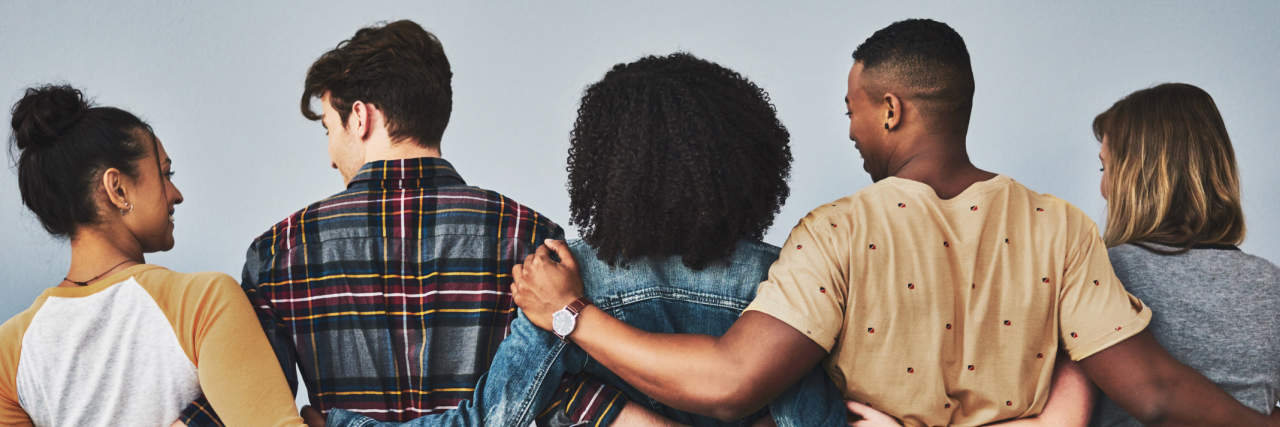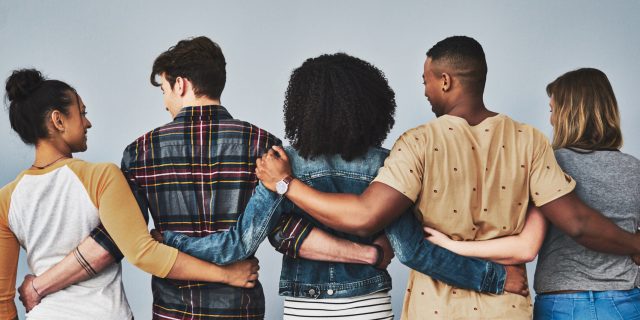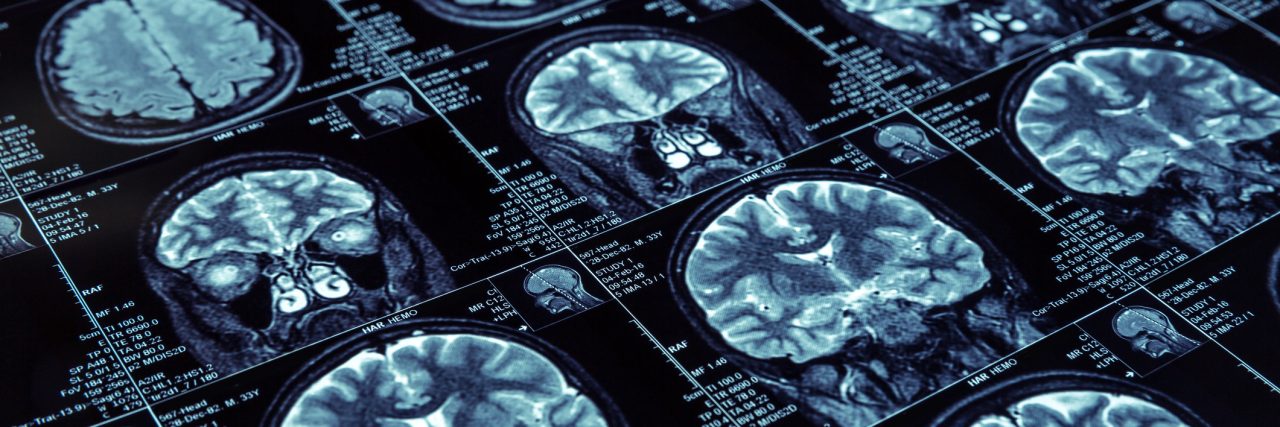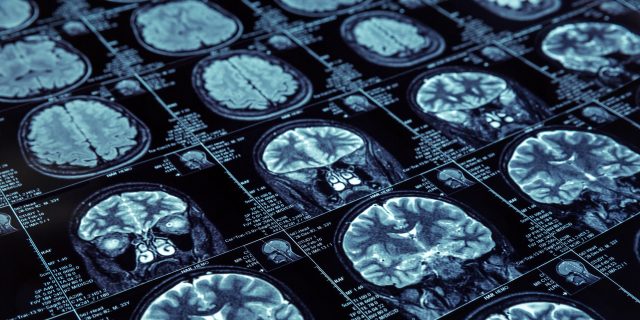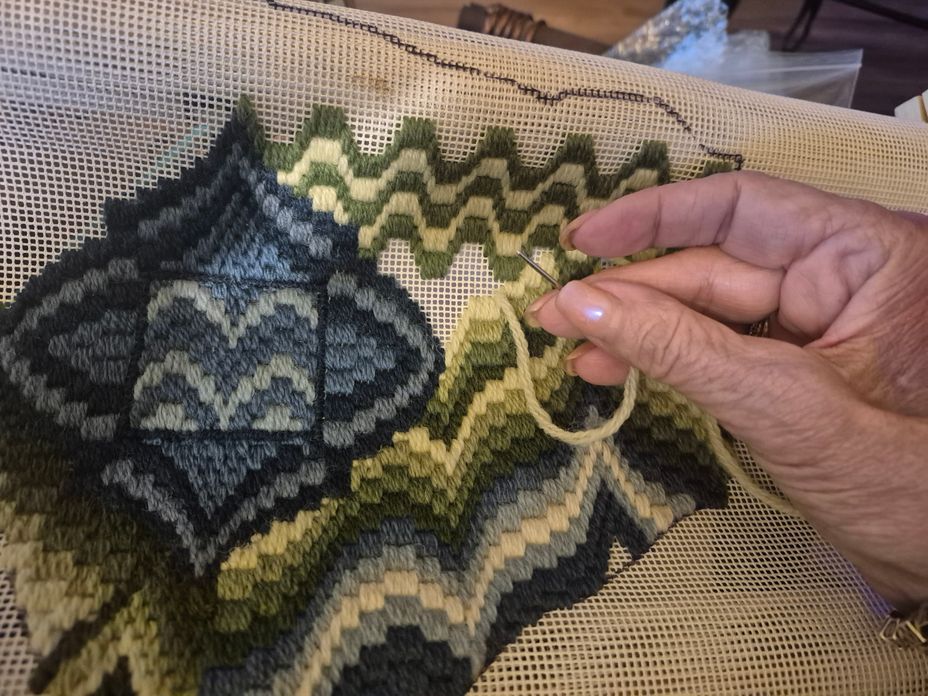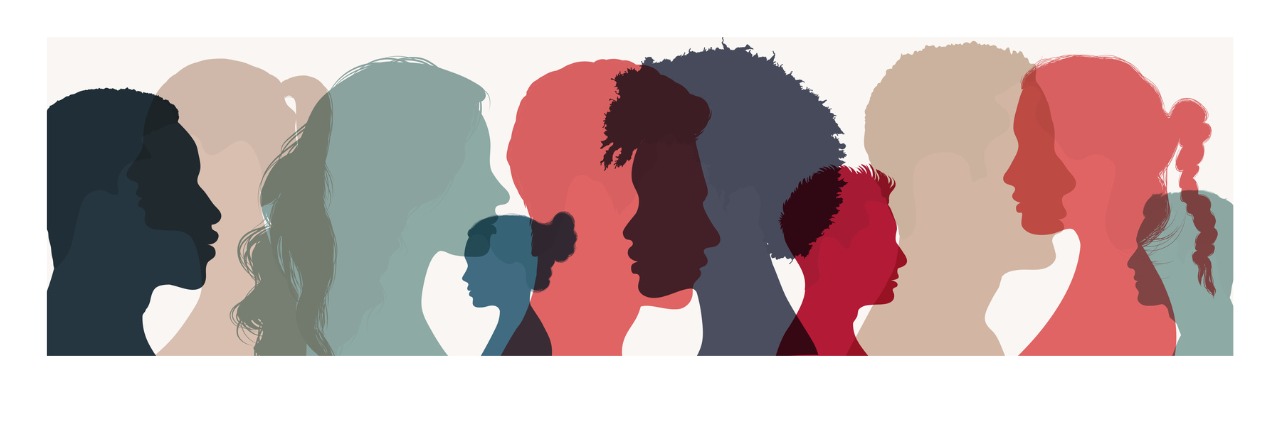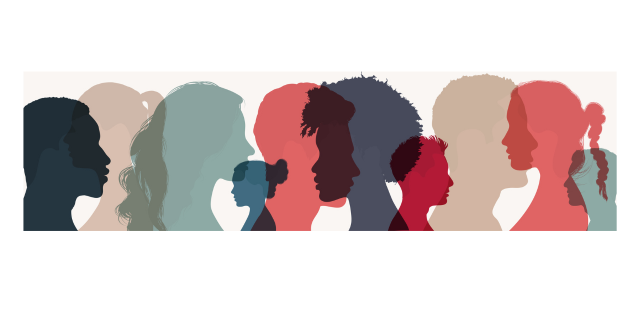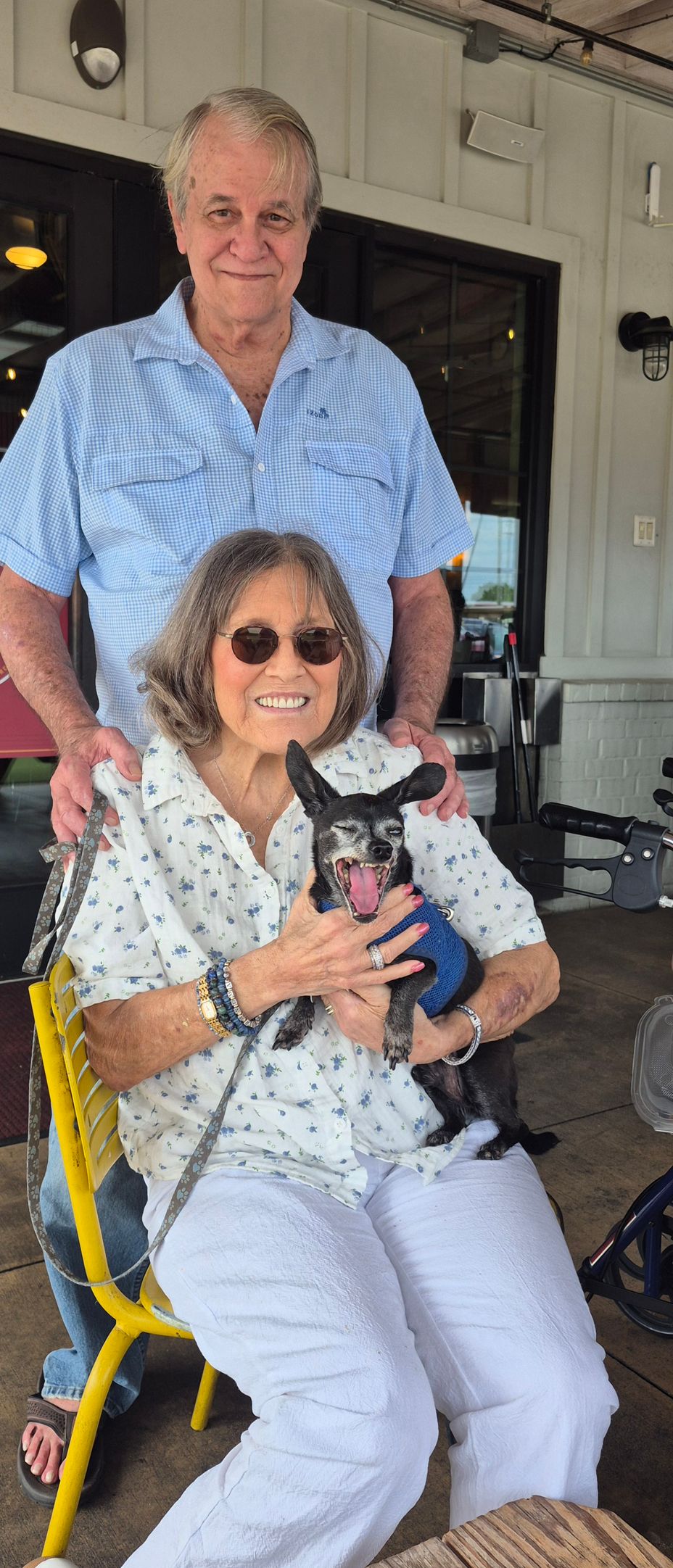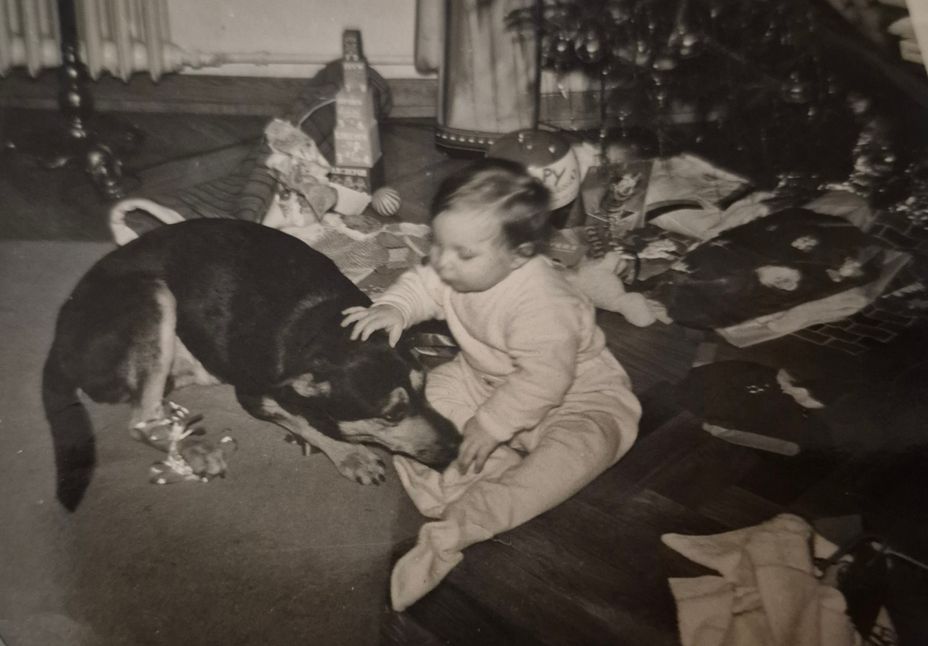Ice storm coming#Disability #Addiction #Ataxia
Here I am in east Texas, as a winter storm comes closer. People here are shopping like it's Armageddon . At HEB, lots of empty shelves.
My life partner Guy and I aren't too excited. We've got enough food, heat so we'll keep moving on! I'm a winter baby! I was raised in snow, and did all winter sports!
Right now Guy is on Warcraft, I'm needlepointing and my little dog Russell is Iike 'bring it on'!
My son in law asked me to trace Texas (18x18) and follow it in with decorative stitches in his colors. See the pic.
So far, so good!
Happy Friday!
Happy Weekend!🌞


